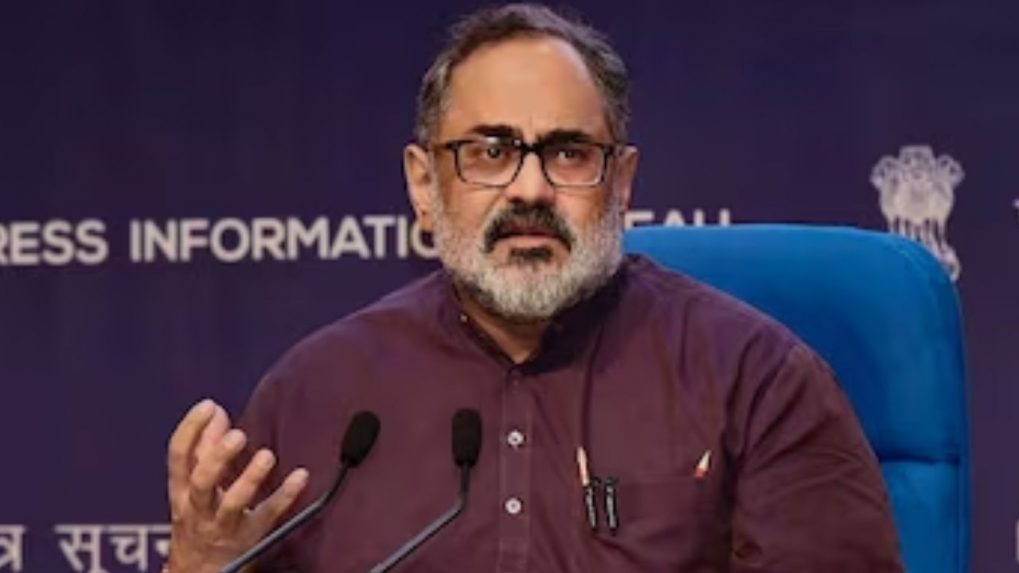How it Works
WPP, Havas, Omnicom: Are advertising’s biggest holdcos recasting agencies as AI Operating Systems?

The Indian government is actively addressing the obstacles and challenges of AI while also recognizing its benefits.
“I don't believe we should fear technology. It's like fearing what is inevitable. AI stands as the greatest invention in our lifetime. Our focus should be on not resisting this change but on fully harnessing it,” said Rajeev Chandrasekhar, Minister of State, Electronics and Information Technology, Government of India, at the Storyboard18 DNPA Conclave and Awards 2024.
“When it comes to AI, the progress in the last few years has been immense. It's inevitable that AI will profoundly shape, change, and transform our lives, redefining what we consider normal,” he said.
“Our focus should be on not resisting this change but on fully harnessing it. We need to create guardrails and instil accountability on platforms offering AI solutions, ensuring the safety and trust of these platforms. Our approach is straightforward, clear, and consistent. Whether you're a big tech company from the US or elsewhere, a company in India, or a small or large entity, what you provide to our consumers must be safe and reliable,” he added.
The government according to Chandrasekhar is trusted with the duty of protecting citizens’ fundamental rights.
“We have to have legislative guardrails that ensure platform are accountable for what they are putting out for people to use. It is a shared goal for anybody who wants the Internet to be a robust, healthy, profitable monetizable internet rather than an internet that is toxic,” the minister said.
From purpose-driven work and narrative-rich brand films to AI-enabled ideas and creator-led collaborations, the awards reflect the full spectrum of modern creativity.
Read MoreThe Storyboard18 Awards for Creativity have unveiled a Grand Jury comprising some of India’s most influential leaders across advertising, business, policy and culture, positioning it among the country’s most prestigious creative award platforms.